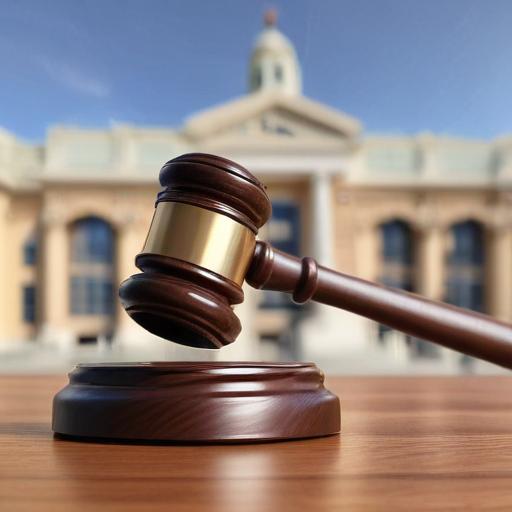A federal judge has temporarily blocked the Trump administration’s efforts to restrict foreign students from enrolling at Harvard University, providing a crucial reprieve amid ongoing legal battles over immigration policies. The Department of Homeland Security (DHS) had initially revoked Harvard’s certification to host international students through the Student and Exchange Visitor Programme (SEVP), claiming the university did not meet certain requirements. However, after Harvard quickly filed a lawsuit, U.S. District Judge Allison Burroughs issued a restraining order that preserves the university’s ability to accept international students while further legal proceedings unfold.
As part of the recent developments, DHS has now allowed Harvard 30 days to demonstrate compliance with SEVP requirements, with Secretary Kristi Noem emphasizing the potential consequences of failing to respond adequately. Legal experts suggest that this case could have broader implications for higher education in the U.S., particularly concerning the government’s authority over academic institutions and the potential infringement on First Amendment rights.
Central to this legal challenge are two main questions: whether the government’s actions against Harvard can be legally justified, and if these actions are retaliatory towards the university’s ideological stances. Previous statements from the Trump administration have raised concerns about biased allegations against Harvard, including accusations of promoting antisemitism and failing to uphold diversity.
With the outcome of this case poised to affect many universities and international students across the country, it emphasizes the delicate balance between government authority and academic freedom. Legal analysts speculate that if the courts find in favor of Harvard, it could set a precedent that affirms educational institutions’ rights to academic independence and free expression.
This legal confrontation highlights the resilience of academic institutions in the face of governmental pressure, suggesting that universities will continue to assert their rights to uphold diverse viewpoints and protect the educational experiences of all students.
